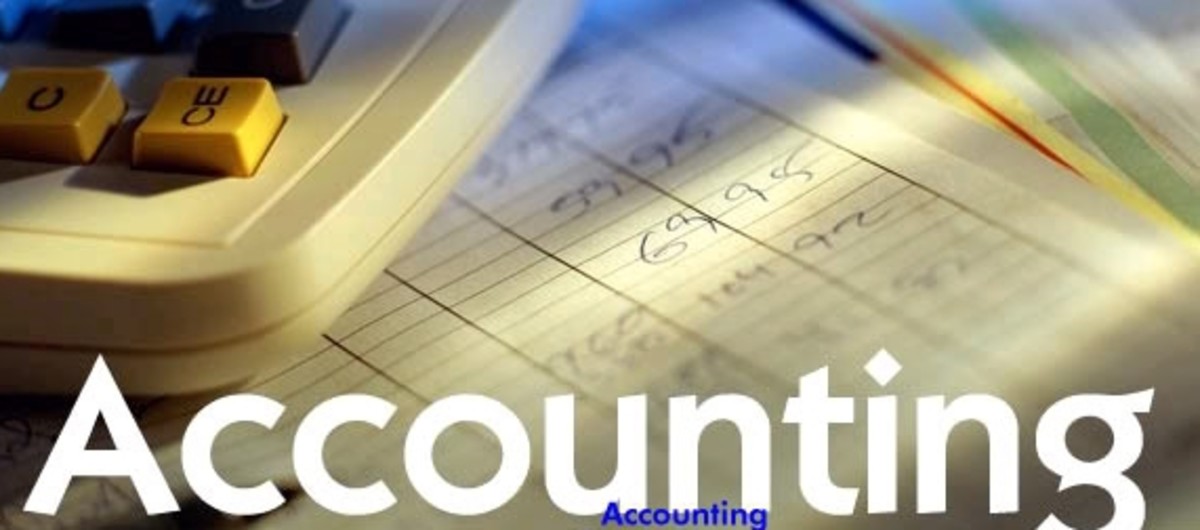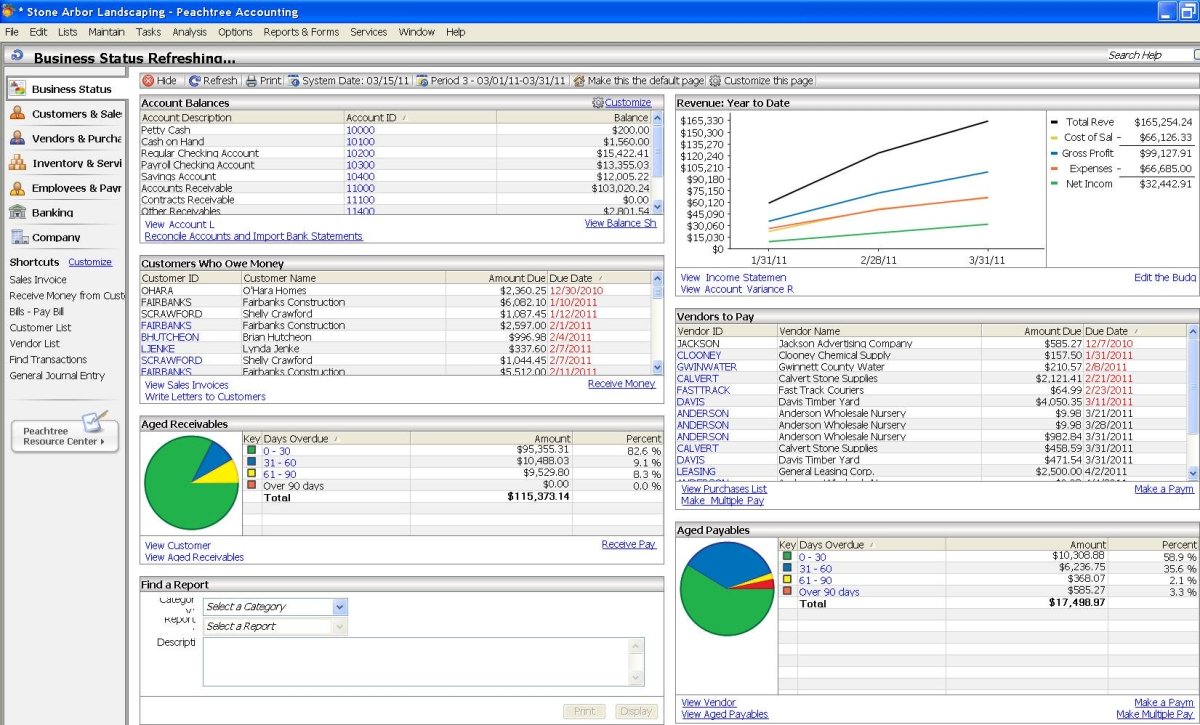The Use of Creative Accounting Methods
Here are some examples of the types of accounting policies that can affect the underlying values on the financial accounts:
(i) Depreciation
(ii) Opening and closing stock adjustment

Depreciation
When we purchase a Fixed Asset, we depreciate the value of the asset over the life of the asset. Therefore, if we buy a piece of equipment for 5 years, we will need to depreciate the full value of the asset over 5 years.
Depreciation is the accounting methodology to allocate the costs to appropriate years.
This is how it will look on the accounts:
A company buys some manufacturing equipment for £5,000 for 5 years.
On purchase we will have an asset of £5,000 in the Fixed Asset category.
We will take £1,000 a year as depreciation.
So, in Year 1’s account, we will make an accounting entry to the accounts.
CR – Fixed Assets £1,000. This means that we will take away £1,000 from the value of the fixed asset, leaving a value of £4,000.
Meanwhile in the P&L, we have an entry of DR – Depreciation Expense £1,000. Therefore, we have deducted £1,000 from the P&L as an expense.
This will continue until year 5, when we will dispose of the fixed asset.
Accountants will have to follow the GAAP procedures for depreciation, but this can allow for a few different methodologies. Here is how they can affect the final Financials.
Straight line and declining balance are the two most common accounting methods for depreciation.
Straight line depreciation: This evenly spread the depreciation across the life of the asset. Therefore, a £8,000 asset that has a life of 8 years would be depreciated by £1,000 each year.
This keeps the depreciation nice and consistent and ensures that there is a constant P&L.
Declining balance: An accelerated method of depreciation, it results in higher depreciation expense in the earlier years of ownership. This is depreciated by a set percentage, so the amount depreciated in the first year is more than the following years.
Remember that the value of the fixed asset on the balance sheet does not equal the market value. It is quite likely to the market value is very different the balance sheet value and often there is a little profit to be made from selling a fully depreciated asset.
- Personal Assistant Training can be a solution for gr...
A story to help graduates who are struggling to get into the job market. It shows how training in work related tasks can help them overcome any barriers of entry to getting their first job. - Touch Typing Skills: Expert PA explains how to impro...
An experienced PA explains how to improve touch typing skills. This is a fundamental skill in the workplace. - Training to become an EA after divorce
After a good marriage which unfortunately came to an end, I have to start again. Here is how I started again and found myself in a successful career. - Dos and Donts For Business Writing
PA guide to business writing, to help further your career - I want to train to become a Legal Secretary
An overlook at the Legal Secretarial job market and how to get your first job. We also explain the type of role you may carry out on a daily basis. - Job Advice to PAs in dealing with recruitment agents
PA searching for jobs often use agents. This provides advice on how to get the most out the relationship with recruiters. - An Explanation of the role of the minute taker for a...
Covering the vital role of the minute taker in a meeting, delivering a clear explanation of this function. A good basic undertsanding of minute taking for someone new to the role.



